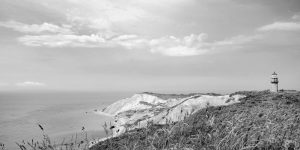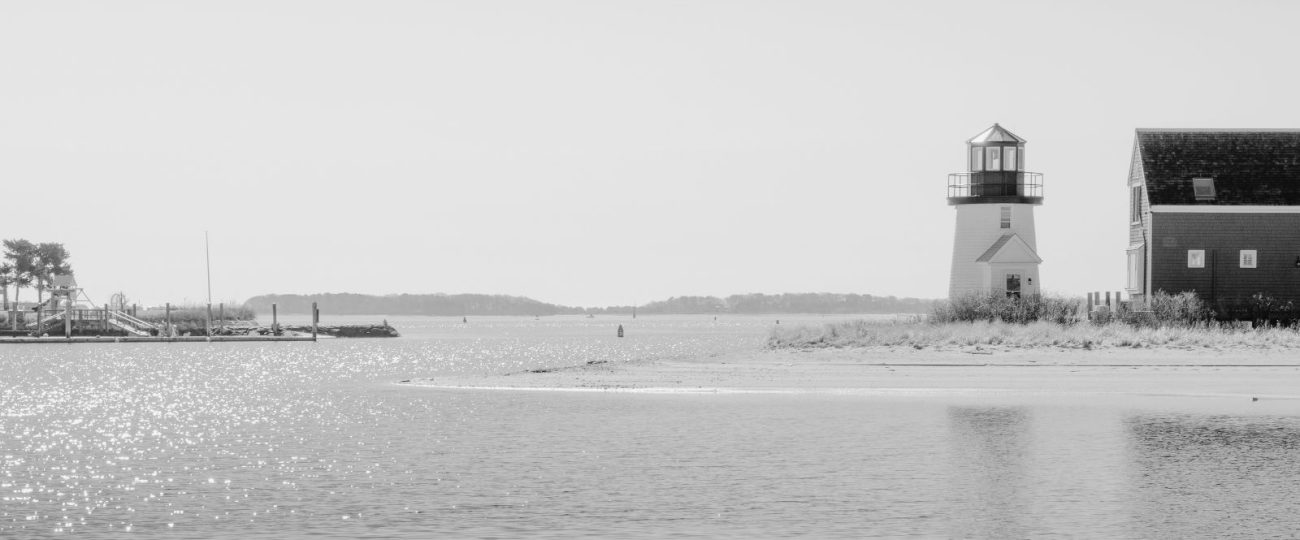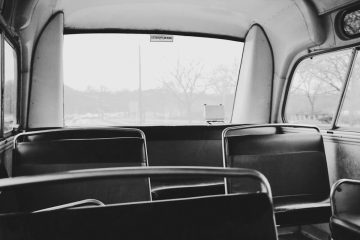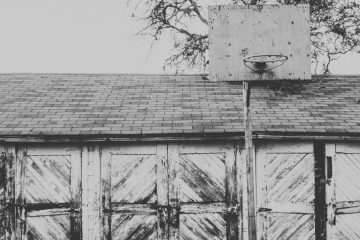What Happened On July 16th?
On July 16, 1999, John F. Kennedy Jr. piloted a small plane that disappeared into the Atlantic Ocean near Martha’s Vineyard. Known as John-John, JFK Jr. was the son of President John F. Kennedy and Jacqueline Kennedy Onassis. His loss resonated deeply across the country, stirring memories of a family’s recurring tragedies.
John F. Kennedy Jr., a fairly inexperienced pilot, decided to fly his small plane to attend his cousin Rory Kennedy’s wedding in Hyannis Port. He took off from New Jersey’s Essex County Airport in the early evening with his wife, Carolyn Bessette Kennedy, and her sister, Lauren Bessette. They planned to stop at Martha’s Vineyard before continuing to Cape Cod.
The evening was hazy with limited visibility. Despite having over 300 flight hours, JFK Jr. had not obtained certification to fly using instruments alone in poor conditions. The Federal Aviation Administration (FAA) later noted that he had not received a weather briefing before takeoff, a critical oversight given the conditions.
At around 9:40 p.m., air traffic controllers lost contact with Kennedy’s plane. As hours passed without any sign of the aircraft, worry escalated. The Coast Guard launched one of the largest search and rescue operations in recent history. Ships, helicopters, and divers searched the waters around Martha’s Vineyard for five days.
On July 21st, searchers found the wreckage on the ocean floor. Divers recovered the bodies of John F. Kennedy Jr., Carolyn Bessette Kennedy, and Lauren Bessette. The National Transportation Safety Board (NTSB) concluded that pilot error and disorientation in the dark, hazy conditions caused the crash. The plane’s instruments indicated that Kennedy may have lost control due to spatial disorientation, a common issue for pilots flying in low visibility.
The search efforts involved a combination of military and civilian resources, showing the national concern for the missing plane. The Kennedy family’s history of public service and tragedy heightened the emotional response from the public and media, leading to constant news coverage.
Echoes Of The “Kennedy Curse”
John F. Kennedy Jr.’s death brought back memories of the assassinations of his father and uncle, which deeply affected American history. An assassin killed President John F. Kennedy in Dallas, Texas, on November 22, 1963. Lee Harvey Oswald, the accused assassin, was killed two days later, leading to numerous conspiracy theories about the event.
Five years later, in June 1968, someone assassinated Senator Robert F. Kennedy, JFK Jr.’s uncle, in Los Angeles while he campaigned for the Democratic presidential nomination. Sirhan Sirhan, a Palestinian immigrant, shot Kennedy shortly after he delivered a victory speech at the Ambassador Hotel. Both JFK and RFK had a close advisor, Kenneth O’Donnell, whose detailed notes provided insights into their political strategies and personal lives.

The losses of these key figures not only altered the course of American politics but also created a sense of an enduring curse within the Kennedy family. Many believed that the family’s prominence came with an inevitable cost, as each generation faced its own share of public and private sorrows.
Decisions Under Pressure
Six weeks before the flight, Kennedy broke his ankle and still used crutches. This injury, combined with a hectic schedule and the anticipation of his cousin’s wedding, added stress that likely affected his decision-making. Friends reported he felt uneasy about flying that evening but didn’t want to disappoint his family.
JFK Jr. performed thorough safety checks and often sought advice from experienced pilots. Despite this, he made a critical error by flying under challenging conditions without full certification. On the day of the flight, he made several calls to weather stations for updates, showing his concerns about the flight.
The flight path took the plane over water at night, conditions that required heightened awareness and skill. The combination of fatigue, stress, and challenging flight conditions ultimately overwhelmed him.
The Loss Of JFK Jr.
Americans grieved JFK Jr.’s loss as they had grieved his father decades earlier. Public memorials and private vigils appeared across the country. The Kennedy family gathered once again to grieve at the Kennedy Compound in Hyannis Port. Caroline Kennedy, John’s sister, publicly thanked everyone for their support.
John F. Kennedy Jr.’s funeral took place at the Church of St. Thomas More in New York City, attended by family, friends, and notable public figures. Eulogies described his charm, intelligence, and the unique path he forged despite his family’s legacy. His childhood friend, Billy Noonan, remembered their many adventures together, including sailing trips.
The public’s grief was not just for JFK Jr., but also for the Kennedy family, who had become a symbol of both American promise and heartbreak. The images of young John saluting his father’s coffin were replayed, reinforcing the sense of a life cut short and potential unfulfilled.
John F. Kennedy Jr.’s life and untimely death continued to impact those who remembered the promise he represented. As the editor of George magazine, he worked to connect politics and popular culture, creating a space for engaging discussions. His dedication to public service reflected his father’s ideals.
JFK Jr.’s efforts with George magazine showed his vision for a more accessible and engaging political discourse. He aimed to make politics relatable to the average American, blending celebrity and policy in a way that had not been done before. This innovative approach earned him respect and admiration from both the media and the public.





